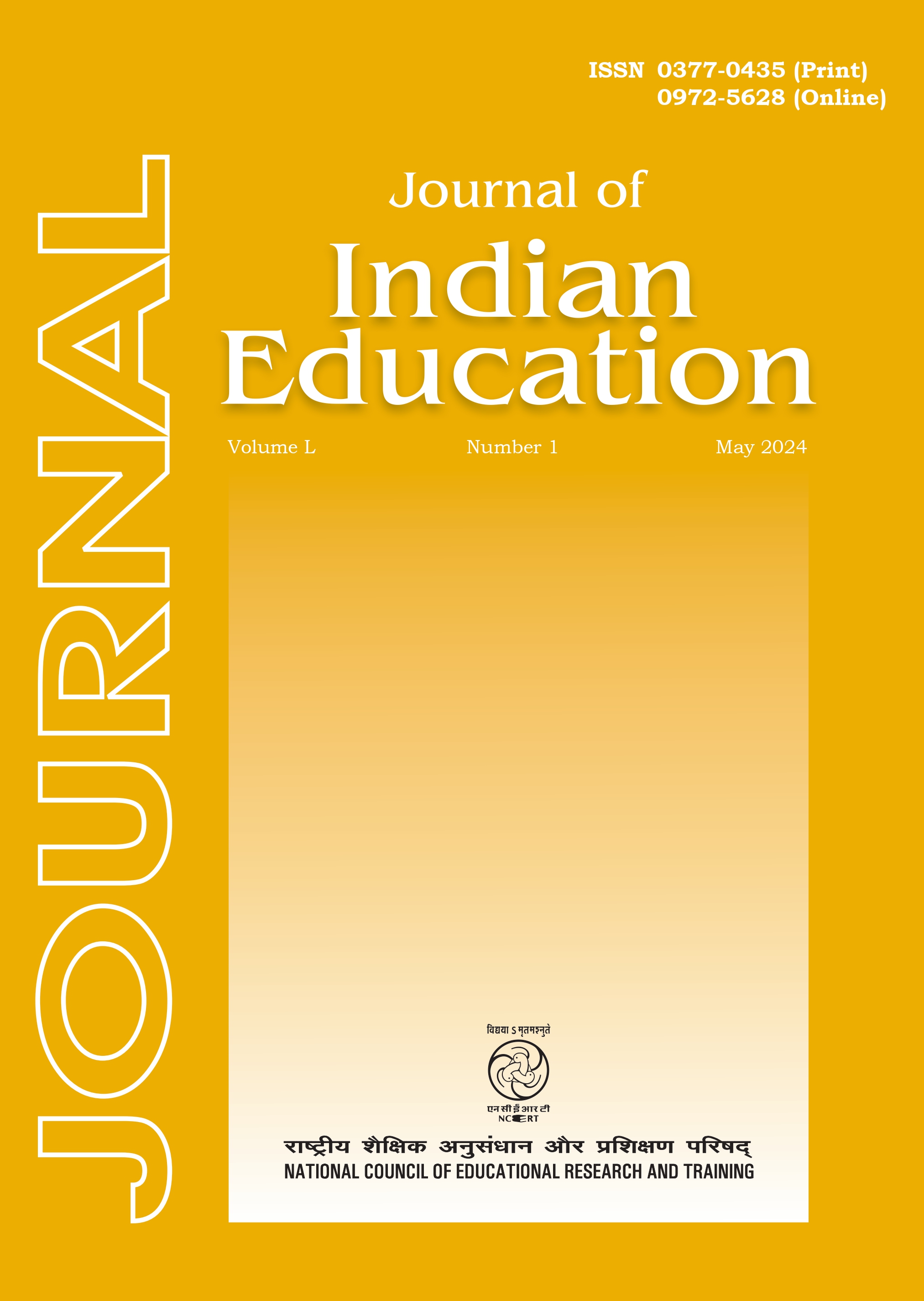A Study of Vocational Trainers Competence Gaps in Schools Implications for Effective Teacher Training Programmes
Published 2024-05-31
Keywords
- Vocational education,
- teacher competence,
- skills gap,
- teacher training,
- professional development
How to Cite
Abstract
The study investigates the perspectives and experiences of vocational educators regarding key competencies, competency gaps, challenges in acquiring required competencies, strategies for addressing these gaps and the implications for teacher training. Results from the administered questionnaire reveal that educators recognise the importance of technical expertise, pedagogical skills, ICT proficiency, employability skills and effective assessment. However, despite this recognition, competency gaps persist in areas such as, pedagogy, ICT, employability skills, assessment, awareness about NSQF, NCrF and NEP-2020. Challenges faced in acquiring these competencies include low status and priority assigned to vocational education, inadequate awareness, comparatively lower salaries and limited access to training opportunities. Respondents unanimously emphasise the critical role of training programmes, networking, and ongoing support to bridge these competency gaps. Specific competencies requiring emphasis include job roles, pedagogy, employability, technology integration, industry partnerships and student support systems. Further analysis of pre-test and post-test results highlights improvements in technical skills, pedagogical skills, learning outcomes, instructional resources, and employability skills following training programmes. Positive shifts are observed across various competencies, indicating enhanced understanding and application of NEP-2020, NCrF and NCF. While substantial progress has been made, the study underscores the need for continued professional development and targeted support to ensure vocational trainers are well-equipped for evolving job market demands. This research underscores the critical need for sustained efforts to enhance competencies of vocational educator. Effective training programmes, increased recognition, and support for vocational education, along with addressing financial disparities, can lead to a more competent workforce, benefiting students and the vocational education sector. Continuous professional development and targeted support are vital for further improvement, ensuring that vocational trainers are well-prepared to navigate the evolving job market.

